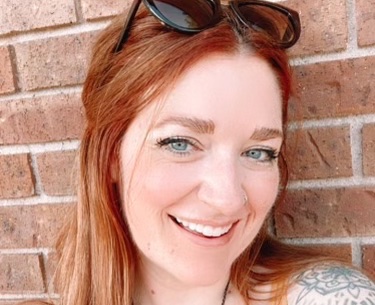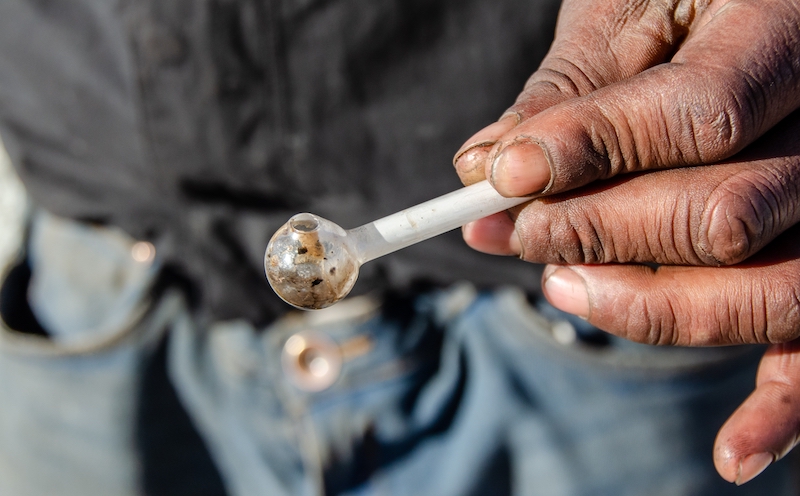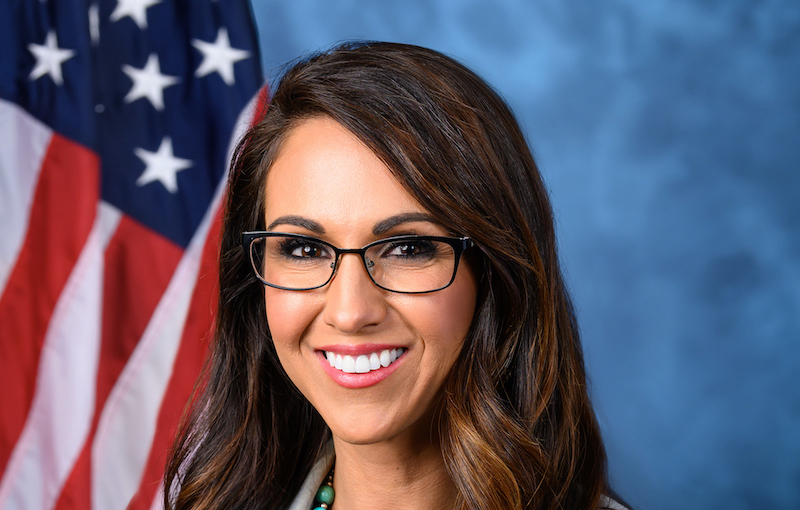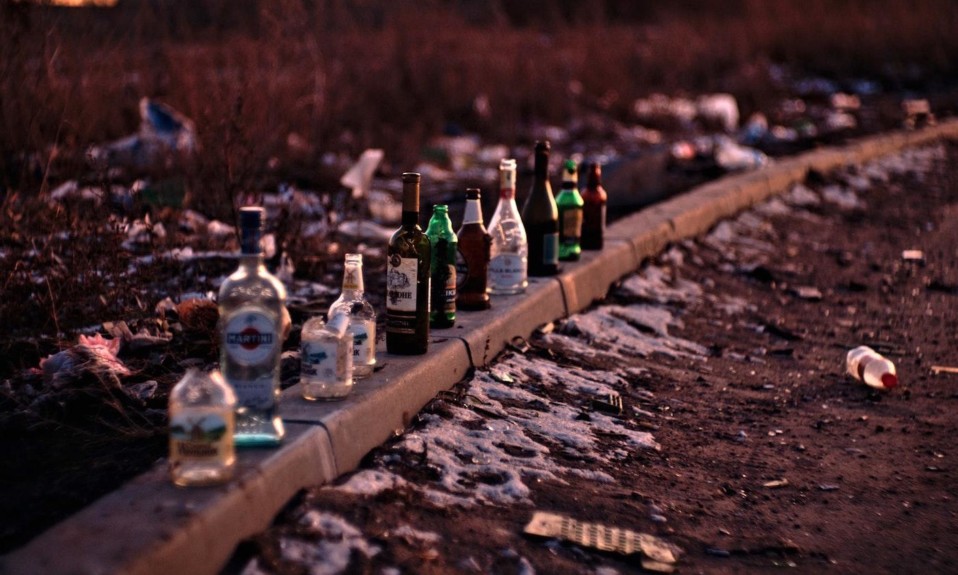Finding companionship as a gay person in recovery hasn’t been easy, but it’s well worth the effort
By Veronica L. Holyfield
Sober dating is weird. It’s almost as simple as that. Yet nothing is ever that simple, and my history with alcohol, dating and my queer identity is a knotted and fraught ball of intricate complexities.
I came out as a person with a drinking problem at age 21, I came out as a lesbian at 26, and I finally came out as a full-blown alcoholic at 34. As a late-blooming queer in recovery, I had used alcohol to cope with so many major life events prior to understanding my sexuality. Coming into my identity was no different; I had grown accustomed to drinking in order to feel more comfortable, and since I had a lot of fear around the thought of dating women, I drank even more.
I wondered if women would like me, I worried that my family would reject me, I was scared that I wouldn’t be good at intimacy, and I was nervous about approaching the gender to which I was truly attracted. Drinking made all those fears and insecurities a lot quieter, and since so many LGBTQ interactions take place in gay bars, I became simultaneously intoxicated by the alcohol and the environment. In a gay bar, I could finally step into a new courage that allowed me to be confidently authentic.
I blew through romantic relationships, one after another, and the drunken nights with flings only left me with a deep loneliness.”
This authentic life, however, left me reliant on alcohol for an intimate human connection, and I surrounded myself with other queer people who drank just as much as I did so that I could mask my addiction. I blew through romantic relationships, one after another, and the drunken nights with flings only left me with a deep loneliness. In my addiction, I developed the reputation as a destructive and incendiary partner—and in the lesbian community, what one woman knows, they all know. The fun times had stopped, and my disease left me isolated, angry and alone.
Entering the Dating World as a Sober Person
Now in sobriety, however, I’m craving a romantic connection, and I feel ready to get back out there into the dating world. I recently downloaded dating apps, and I have been consumed by the excitement of swiping left and right. Fully overcoming the internal and external fears of my queerness, I am sparking conversation with folks who know nothing of the drunk version of me. It’s freeing and it’s liberating … and it’s also terrifying.
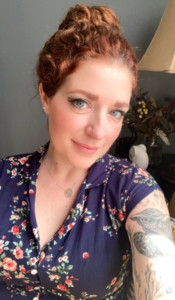
Knowing that my sobriety has to come before everything else, I proclaim first and foremost on my dating profiles that I’m sober from all mind-altering substances. I live in Colorado, where I sense a duality of conflict in being so outwardly sober. Denver, my hometown, is a massive brewery city; spending a warm summer afternoon drinking in a beer garden or a cold winter evening wandering a warehouse tasting festival is commonplace. Additionally, it’s becoming rare to find people who don’t partake in cannabis; that has been one of the more prominent barriers to overcome. Weed is on my sober no-no list, and yet the majority of LGBTQ folks I know use it for medicinal purposes, for recreation or for both.
While I’ve had a few women reach out to me because they were intrigued by my sobriety, the response to my recovery has sometimes been dismissive. I even had a woman ask if I wanted to grab a beer after we had been chatting for a while. (I had shared part of my journey in recovery with her, so that was very interesting, to say the least.) While some people remain clueless about the severity of addiction, the stigma surrounding substance misuse and mental health issues within the queer community is significantly less than that of the hetero-normative communities.
What I struggle with most is finding things to do on a first date. Getting a drink at a gay bar was the safest go-to; checking out a drag show with a same-gender date in a room full of other queer people was the place I felt most at rest in public. Now, being in a gay bar is still too much of a trigger, but a sober date in a coffee shop with another woman provides so much visibility that sometimes I don’t want to deal with the staring.
As a recovering alcoholic who typically dates people who have a normal relationship with alcohol, one of the initial questions I’ve been asked is, “Why don’t you drink?” While there isn’t an inherent pressure to share my story, there is a need to provide an explanation further than, “I can’t drink like you, so I don’t.” But telling portions or all of my story requires a strong degree of vulnerability and honesty that I save for those whom I know and trust—not someone new, and definitely not a person who I want to find me attractive and desirable.
Finding Peace with Who I Am
To dismiss the severity of my disease and the daily requirements to stay sober feels disingenuous, though, so I’ve come around to speaking about what feels right in the moment. Those I have chosen to disclose my recovery details to have been more than compassionate, and I have even been offered a bouquet of Diet Coke since that’s my go-to non-alcoholic beverage.
I think it’s okay to crave connection while I’m in the process of becoming better. Life is more about progress than perfection after all.”
I have been very fortunate that my coming-out stories, both as a lesbian and as a person in recovery, have been widely accepted and supported, for I know that’s not the case for many. Although walking along my path of intersecting identities has been tricky, I know that every life journey comes with its unique challenges.
Dating can be difficult for everyone, and adding the layers of my recovery and sexual identity does narrow the pool of opportunity and interest by a significant amount. If I were to be talking to my sponsor, she would likely say I have no business dating because I have more work to do on myself. My response is that I think it’s okay to crave connection while I’m in the process of becoming better. Life is more about progress than perfection after all.
Veronica L. Holyfield is a reporter for TreatmentMagazine.com.


